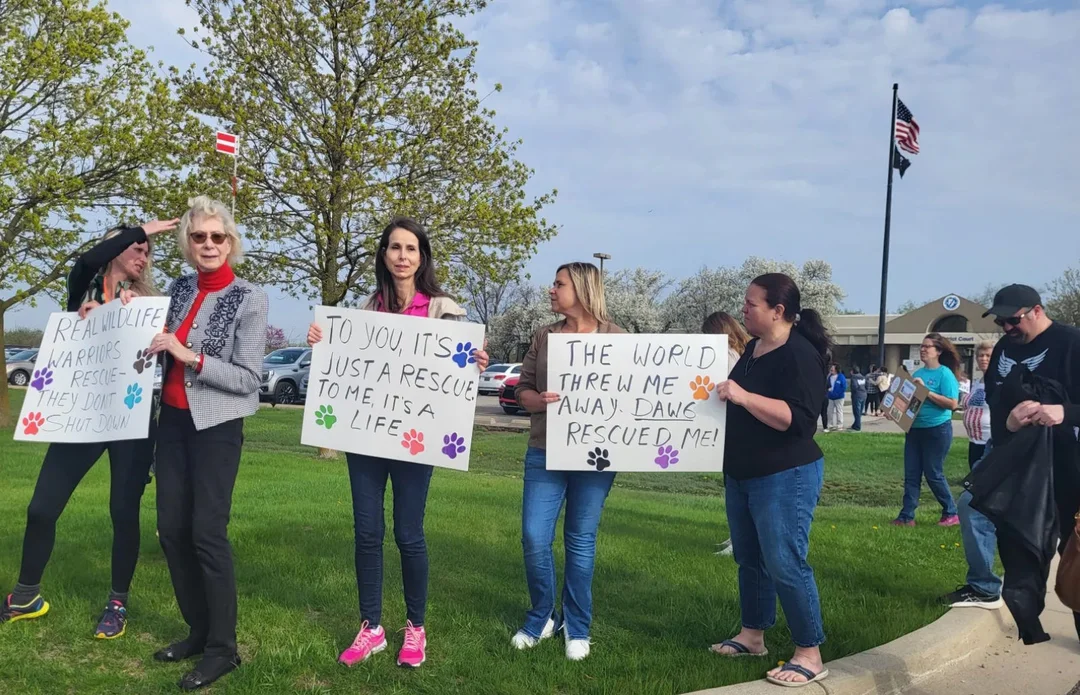
The Fight for Wildlife Rehabilitation: Kelley Labonty and the DAWG Controversy
The ongoing legal battle surrounding Kelley Labonty, the director of the Detroit Animal Welfare Group (DAWG), is drawing attention not only from the public but also from animal rights activists. The Michigan Department of Natural Resources (MDNR) is seeking to revoke her wildlife rehabilitation permit, alleging several violations concerning the care of wild deer. This case shines a light on the delicate balance of wildlife rehabilitation and regulatory oversight, raising critical questions about the future of animal rescue efforts.
A jury trial scheduled for May 16 will determine whether Labonty can continue her work rehabilitating wild animals on DAWG's Romeo-based facility. According to Assistant Macomb County Prosecutor Lisa Lozen, Labonty allegedly kept deer in rehabilitation for longer than allowed and improperly conditioned them to human interaction. "This is not black and white," Judge Jennifer Andary remarked, indicating the complexities involved in wildlife rehabilitation.

Labonty’s attorney, Celeste Dunn, defends her client by suggesting that the MDNR has been targeting Labonty since a 2018 incident involving starving deer in Oakland County. Dunn argues that the current lawsuit is merely a continuation of this alleged vendetta, despite Labonty never having issues with the United States Department of Agriculture (USDA) or the Michigan Department of Agriculture (MDOA).
The crux of the debate centers around the concept of habituation, where wild animals lose their natural fear of humans—an act considered a serious violation under the wildlife conservation order. Witnesses, including DNR officers, testified that the deer near Labonty's facility were not skittish and exhibited unnatural behavior, leading to the conclusion that they had become overly accustomed to human presence.
Despite the serious nature of the allegations, numerous supporters gathered outside the court on April 29 to rally for Labonty, highlighting the divided opinions on wildlife rehabilitation methods. This situation raises fundamental questions: How much oversight is necessary to ensure the wellbeing of rehabilitated animals, and at what point does regulatory intervention become excessive?
As the trial approaches, both Labonty and the MDNR prepare to present expert witnesses who will shed light on the best practices for wildlife rehabilitation. The eyes of the public will undoubtedly remain glued to the court's proceedings, watching as not just Labonty's fate but the future of similar organizations hangs in the balance.
What do you think about the state’s actions against Labonty? Is it a necessary form of regulation, or a troubling overreach? Share your thoughts below and let’s discuss the complex issues surrounding wildlife rehabilitation!